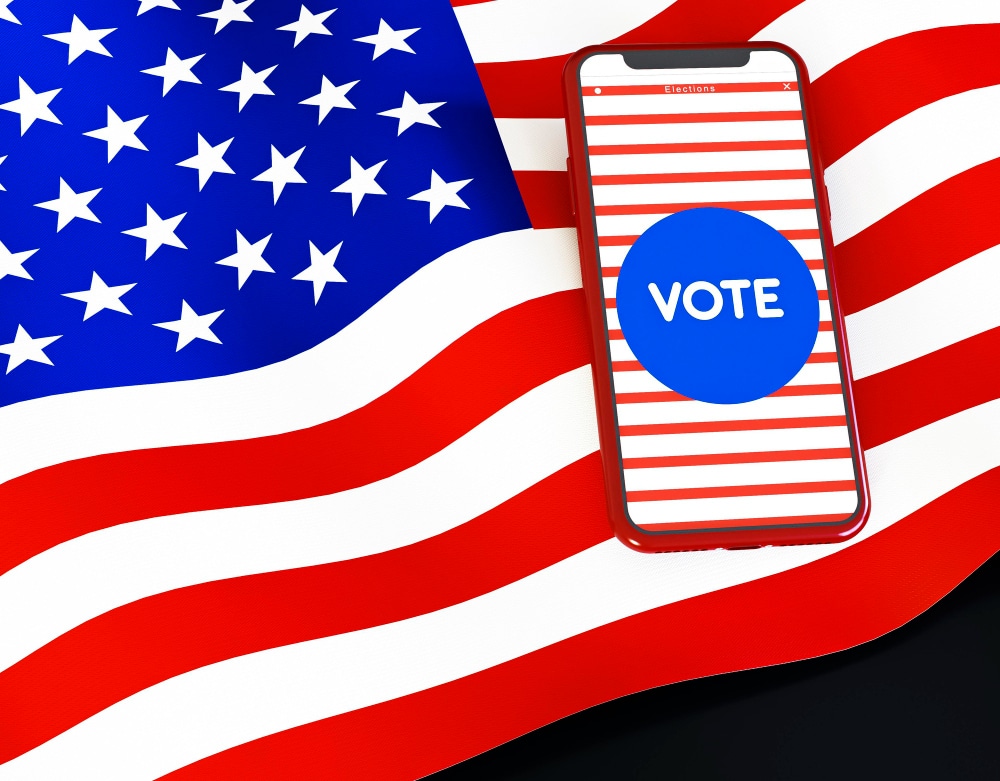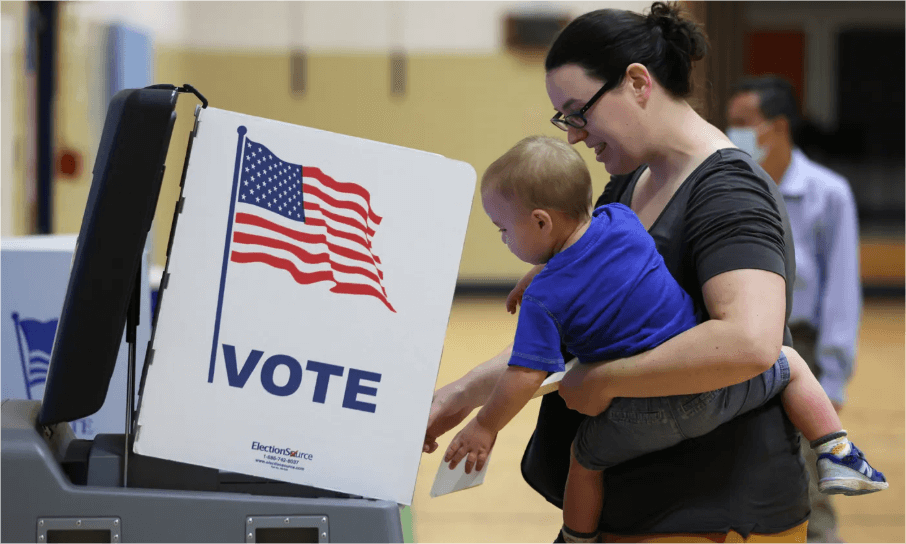📑 Table of Contents
- Why SMS Matters in Politics
- Understanding Privacy in Political SMS
- Compliance: Rules You Must Follow
- Crafting Effective Political Messages
- Balancing Frequency and Value
- Using SMS for Fundraising
- Engaging Volunteers with SMS
- Crisis Messaging and Rapid Response
- Best Practices for Political SMS Success
- Common Pitfalls to Avoid
- Conclusion
Political campaigns run on connection. Candidates must reach voters quickly, clearly, and in ways that feel personal. SMS has become a leading tool for this. It is fast, direct, and highly engaging. But with opportunity comes responsibility. Campaigns must respect voter privacy, follow strict compliance rules, and deliver messages that build trust.
This guide walks you through the essentials of political SMS. You’ll learn how to manage privacy concerns, meet compliance standards, and craft messaging that resonates with voters.
Why SMS Matters in Politics
SMS is powerful because it cuts through noise. Voters check their phones dozens of times each day. Unlike emails that may go unread, texts are usually opened within minutes. During election season, that speed makes all the difference.
Moreover, SMS feels personal. It allows campaigns to connect with individuals rather than audiences. This builds stronger relationships and encourages higher engagement.
Understanding Privacy in Political SMS
Respecting voter privacy is critical. People do not want their phones flooded with unwanted texts. Campaigns that ignore privacy risk backlash and legal trouble.
Always secure consent before texting. Opt-in forms, event sign-ups, and official campaign websites are safe ways to collect numbers. Clearly state how often you will send texts and what kind of messages subscribers will receive. Transparency earns trust.
Additionally, safeguard voter data. Store phone numbers securely and restrict access. Data leaks not only harm reputation but also weaken voter confidence.
Compliance: Rules You Must Follow
Compliance in political SMS is non-negotiable. In the United States, campaigns must follow regulations under the Telephone Consumer Protection Act (TCPA) and guidelines from the Federal Communications Commission (FCC).

Key compliance steps include:
- Get written consent before sending mass texts.
- Include opt-out instructions in every message. A simple “Reply STOP to unsubscribe” is essential.
- Send messages only during appropriate hours. Respecting time zones shows professionalism.
- Use registered 10DLC numbers for large-scale texting. This avoids carrier blocks and ensures message delivery.
Breaking these rules can lead to fines and damage campaign credibility.
Crafting Effective Political Messages
Compliance matters, but so does message quality. Political texts must be clear, concise, and relevant. Voters don’t want long speeches on their phones.
Instead, focus on one call-to-action per text.
For example: “Hi John, this is Emma from Citizens for Change. Early voting starts today! Find your polling place here: [link].”
Personalization also boosts impact. Use voter names when possible and segment lists by region or interest. A local message feels more meaningful than a generic one.
Balancing Frequency and Value
Timing matters as much as content. Too many texts irritate voters. Too few, and your campaign fades into the background.
A balanced approach works best. Send reminders before key events like debates, rallies, or voting deadlines. Share updates on issues that matter to your supporters. Always make sure each text adds value.
Using SMS for Fundraising
Fundraising texts can be highly effective when done right. Donors respond to urgency and clarity. A short, direct message with a donation link works best.
“Hi Sarah, we’re $500 away from our goal tonight. Can you chip in $10 to help us reach it? Donate here: [link].”
But don’t overdo it. Constant requests can turn supporters away. Mix fundraising messages with updates, thank-yous, and success stories.
Engaging Volunteers with SMS
Volunteers are the heart of any campaign. SMS keeps them motivated and organized. Use texts to confirm shifts, share reminders, and send quick thank-yous.
“Hi Alex, thank you for joining our phone bank tonight at 6 PM. See you at HQ. Reply YES to confirm.”
Simple communication builds loyalty. Volunteers who feel appreciated often give more time and energy.
Crisis Messaging and Rapid Response
Campaigns often face unexpected challenges. A breaking news story, a sudden controversy, or a last-minute debate change may require instant voter communication. SMS is the fastest way to respond.
Keep crisis texts short and factual. Avoid speculation. Provide clear next steps or links for more information. Quick, transparent updates show leadership.
Best Practices for Political SMS Success
To make the most of SMS, follow these best practices:
- Always secure opt-ins. Never buy phone lists.
- Personalize whenever possible. Names and local details increase impact.
- Keep texts under 160 characters. Shorter is stronger.
- Provide clear calls-to-action. Guide voters, don’t confuse them.
- Respect timing. Early mornings and late nights are off-limits.
By following these steps, campaigns maintain professionalism and credibility.
Common Pitfalls to Avoid
Even well-meaning campaigns make mistakes. Avoid these:
- Sending too many texts in one day. This feels like spam.
- Using unclear or broken links. Always test your URLs.
- Ignoring opt-outs. Failure to honor STOP requests breaks compliance rules.
- Writing vague or generic messages. Specificity builds trust.
Learning from these pitfalls helps campaigns protect both voter trust and legal standing.

Conclusion
Political SMS is a powerful tool for connection. It helps campaigns reach voters fast, build trust, and mobilize supporters. But with great power comes great responsibility. Privacy and compliance must guide every text. Messaging must stay clear, respectful, and valuable.
When used wisely, SMS does more than deliver words. It strengthens democracy by helping citizens engage, participate, and feel heard. In 2025 and beyond, smart political campaigns will see SMS not just as a tactic, but as a bridge between leaders and the people they serve.
